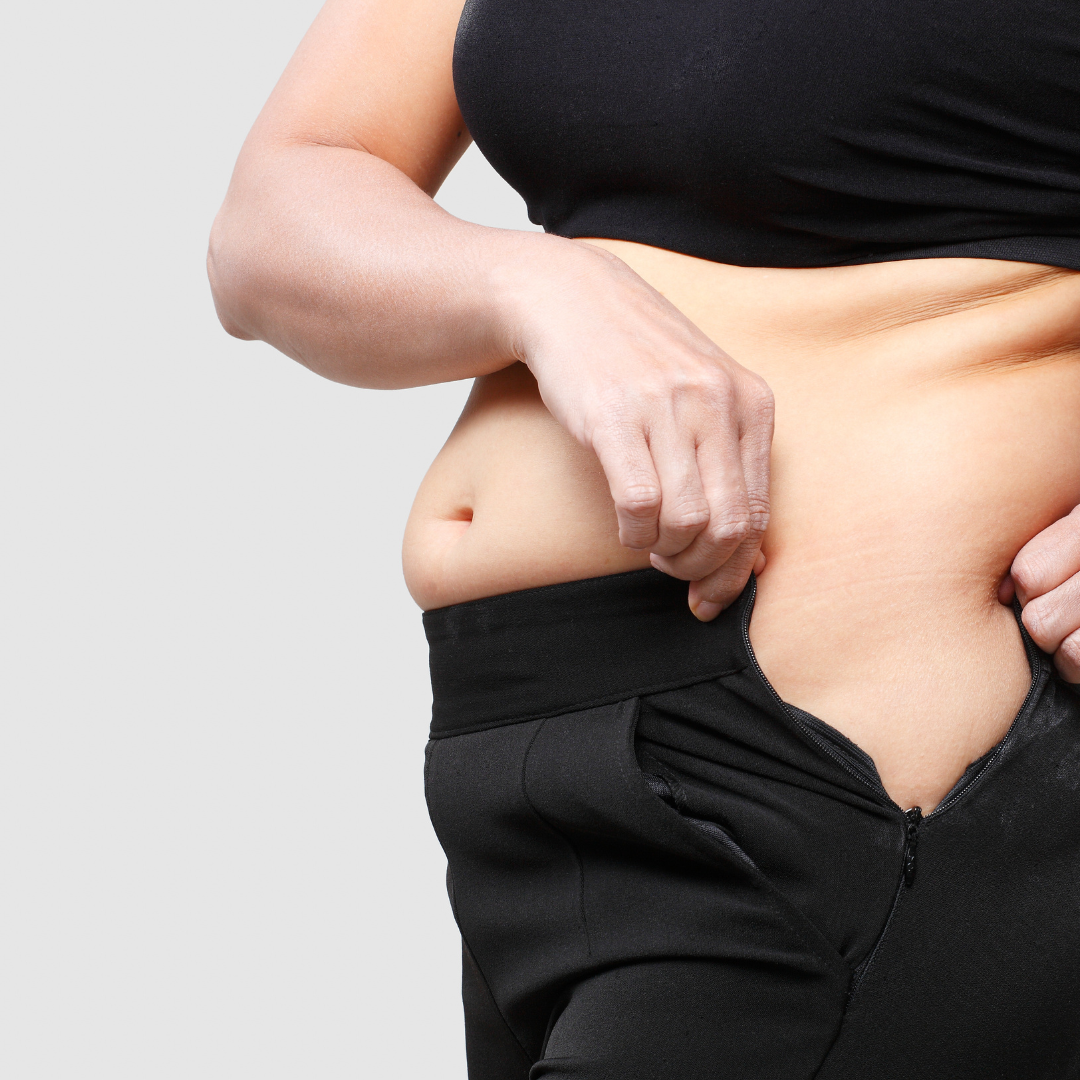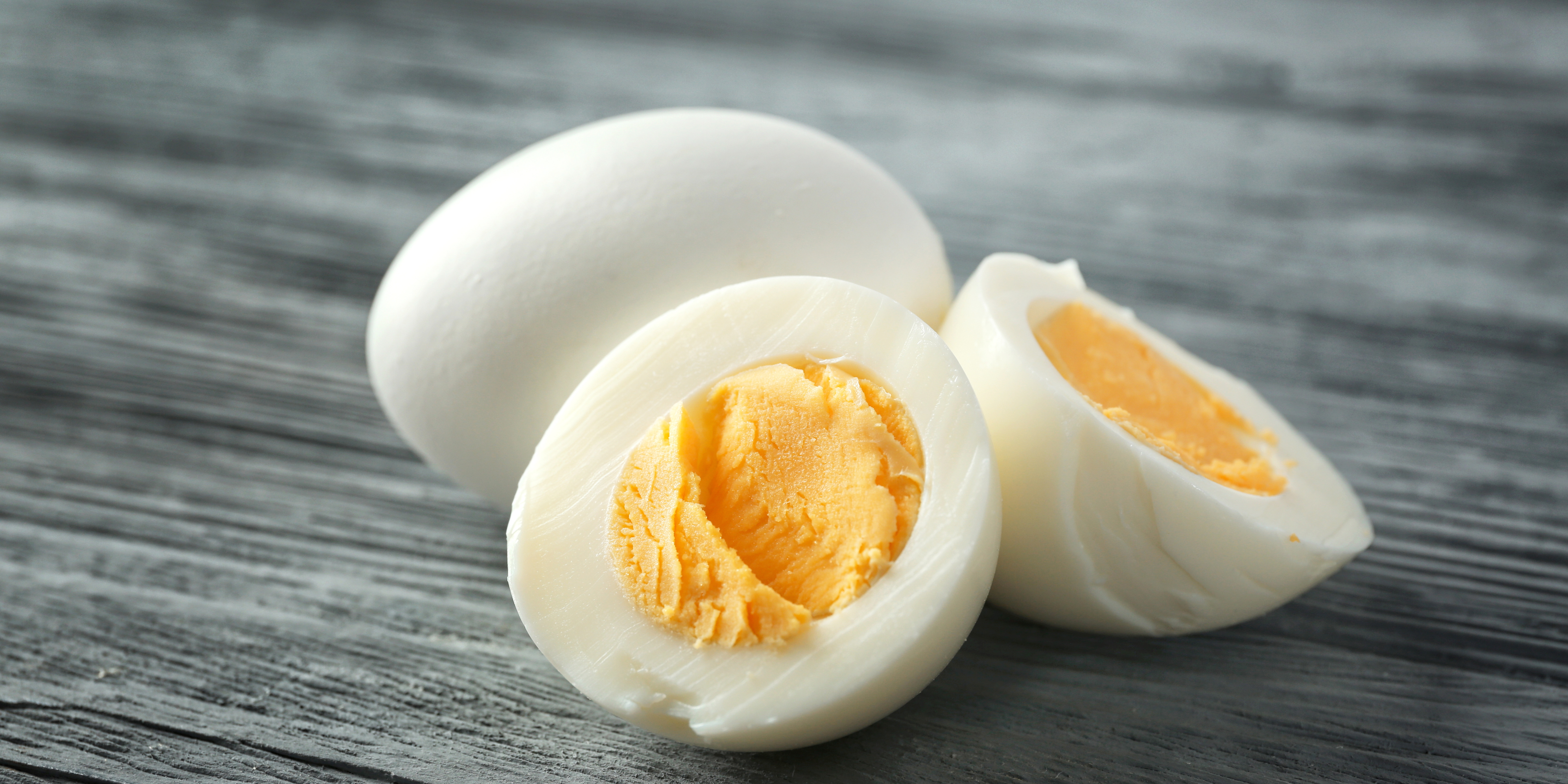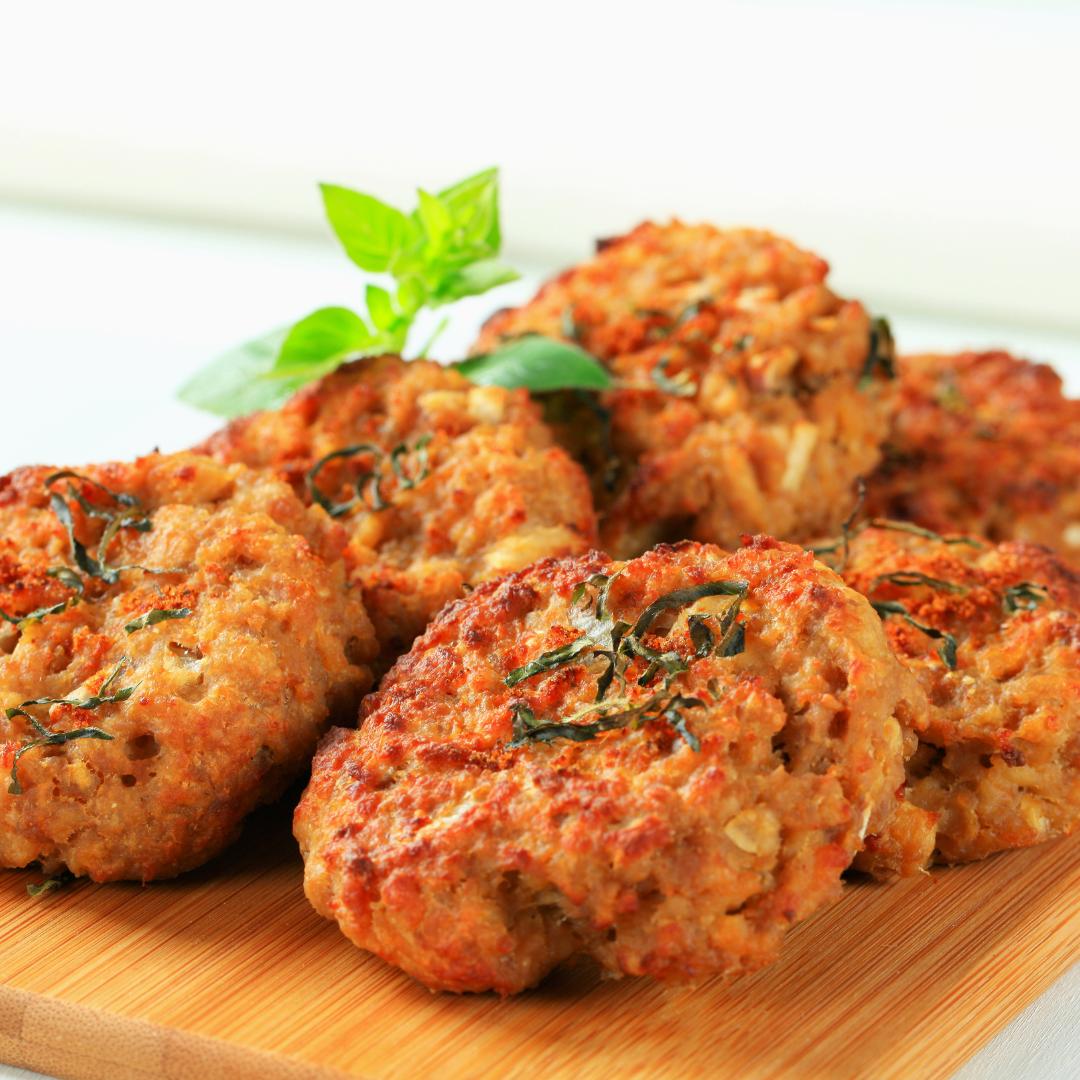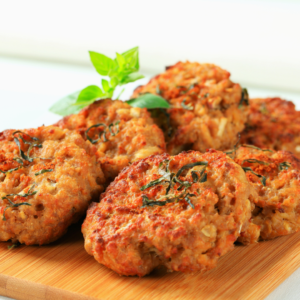
Top 5 Weight Loss Diets of 2026: Pros and Cons

Top 5 Weight Loss Diets of 2026: Pros and Cons
Are you struggling with the extra weight from summer and even more so struggling to lose that weight despite your best efforts. There are so many diets out there, but it can be overwhelming, unsustainable and unrealistic. The best weight loss diet is going to be based on the individuals lifestyle, age, metabolism, food preferences and culture. For example, if you are a vegetarian and want to explore the ketogenic diet you are significantly limiting a huge amount of food groups and potentially causing more harm than good.
In 2026, weight loss continues to be a significant health focus, and various diets and weight loss program offer unique benefits for individuals seeking to shed pounds. Here’s a look at the top five weight loss diets, along with their pros and cons.
1. Intermittent Fasting (IF)
Intermittent Fasting is a time-restricted eating approach where people alternate between periods of fasting and eating. Popular variations include the 16:8 method (16 hours of fasting, 8 hours of eating), 5:2 diet (5 days of normal eating, 2 days of severe calorie restriction), and alternate-day fasting. Many people have incorporated this eating pattern and have lost significant amount of weight without disruption in their lifestyle.
How much weight are you expected to lose when doing Intermittent Fasting?
A systematic review of 40 studies found that intermittent fasting was effective for weight loss, with a typical loss of 7-11 pounds over 10 weeks. (1)
Check out this article to dive into the extensive research on intermittent fasting and learn how to implement it correctly.
Pros:
- Simplicity: No need to count calories or restrict certain food groups. Saves money, time and energy.
- Improved metabolism: Supports fat burning by encouraging the body to use fat stores for energy during fasting periods.
- Potential health benefits: Studies show that it helps to lose weight, improve heart health, reduce inflammation, and enhance longevity.
Cons:
- Difficult adjustment: Some people find it challenging to adapt, especially when fasting for long periods.
- Risk of overeating: Some may compensate by overeating during eating windows, negating the calorie deficit.
- Not suitable for all: May not be ideal for people with certain health conditions, such as diabetes, or for those who are pregnant or need to take medications with food at breakfast.
2. Mediterranean Diet
The Mediterranean diet is the most researched diet out there and focuses on plant-based foods, healthy fats (like olive oil), whole grains, lean proteins (especially fish), and moderate wine consumption. It’s known more for promoting heart health than strict weight loss, but its balance can lead to steady and sustainable fat loss.
How much weight are you expected to lose on the Mediterranean Diet?
One review of 5 studies found that the Mediterranean diet was as effective as other popular diets like the low carb diet for weight loss, resulting in up to 22 pounds (10 kg) of weight loss over 1 year. (2)
Pros:
- Metabolic health: It’s one of the best diets for cardiovascular health and is linked to reduced cholesterol, blood pressure, reduced inflammation and can help to reduce depression.
- Sustainable: It’s more of a lifestyle than a diet, making it easier to stick to long term. It has a high compliance rate.
- Rich in nutrients: Emphasizes whole, nutrient-dense foods, promoting overall well-being.
Cons:
- Slower weight loss: It’s not as rapid in delivering results as more restrictive diets.
- No clear calorie guidelines: The focus is more on food quality than portion control, which can make it hard for some people to lose weight.
- Expensive ingredients: High-quality oils, fish, and produce can be costly.
Check out our Mediterranean Pasta recipe
Want to learn more about the different diets out there? Check out our article comparing 4 common diets: Mediterranean, Vegetarian, Flexitarian and Paleo
3. Ketogenic Diet (Keto)
The keto diet is a low-carb, high-fat diet that shifts the body into ketosis, a state where it burns fat for energy instead of carbs. It emphasizes foods like meat, fish, eggs, hard cheese, oils, nuts, and low-carb vegetables, while limiting or avoiding grains, sugars, and starchy vegetables.
Check out this article to learn more about the growing body of research on the health benefits of keto, including its impact on mental health issues such as depression, anxiety, and bipolar disorder.
How much weight are you expected to low on the Ketogenic Diet?
During the adjustment phase, you can expect to lose a lot of weight, usually between 3 to 7 lbs. Most of it will be water weight, as each gram of glycogen is bound to at least 3 grams of water, and you’ll be rapidly depleting your glycogen stores when you initially start the keto diet. (3) Once fat adapted and you are in ketosis, depending on your caloric deficit, the weight loss you can expect can be around 1 to 2 lbs per week. Some weeks might be slightly more.
People that have more body fat to lose usually see a more rapid weight loss, while people who are already relatively lean might struggle to lose the last few pounds.
Pros:
- Rapid weight loss: Many people experience fast weight loss, especially in the initial stages.
- Appetite suppression: High-fat meals can keep you feeling full longer, reduces sugar and carb cravings.
- Blood sugar control: May improve insulin sensitivity and help manage Type 2 diabetes.
- Digestion improvements: Although fiber is reduced a lot of people notice improvements with their digestive issues.
Cons:
- Difficult to maintain: The restrictive nature can make it hard to stick to long-term and can be easy to do it the wrong way. Check out our article on common mistakes with doing keto.
- Potential nutrient deficiencies: Limiting carbs can result in lower intake of essential nutrients like fiber, vitamins, and minerals.
- Keto flu: Some people experience flu-like symptoms as their bodies adjust to ketosis but this does resolve when ketosis has been established.
Check out some of our keto friendly recipes
4. Low-Carb Diet (Non-Keto)
A traditional low-carb diet focuses on reducing carbohydrates while allowing more protein and fat. Unlike keto, it does not aim to reach ketosis. Popular examples include the Atkins diet and the South Beach diet. Low-carb diets typically produce noticeable weight loss during the first few weeks, in part because limiting food choices generally leads to reduced calorie intake.
However, guidelines for low-carb diets vary, depending on the program you follow. Low-carb diets typically limit carbohydrate intake to 50 grams to 150 grams daily. Since each gram of carbohydrate provides 4 calories, that translates to 200 to 600 calories from carbohydrates a day.
How much weight are you expected to low on a low carb diet?
Research on 850,000 people who did the low carb diet. The most common result is losing between 3 and 6 pounds (around 2 kilos) during the two weeks. Even though some of it, of course, is likely water weight. One person in ten lost more than 9 pounds (over 4 kilos) in the two weeks. (4)
Pros:
- Effective for weight loss: Limiting carbs can help reduce body fat quickly.
- Less restrictive than keto: Allows a wider range of foods, including more protein and non-starchy vegetables.
- Blood sugar benefits: Can help manage blood sugar levels, especially in those with insulin resistance.
Cons:
- Limited food variety: Restricting carbs can limit food options and lead to boredom.
- Possible nutrient gaps: Some people may not get enough fiber, vitamins, or minerals without careful planning.
- Short-term results: Weight loss can plateau as the body adapts, requiring more effort to maintain progress.
5. The Metabolic Balance Diet
Metabolic Balance was developed in Germany and is based on the premise that our daily food has an enormous influence on the body chemistry and hormones.
The Metabolic Balance Program is based on your unique blood work, body measurements and personal information. You need to get specific blood work done and a food list and meal plan is created based on this. It is individualised to the specific person so not to plans are the same. This program really focusses on reducing inflammation and insulin and works extremely well individuals with metabolic issues including inflammation, diabetes, high blood pressure, high cholesterol, sleep issues, digestive issues and hormonal imbalances.
How much weight are you expected to lose on the Metabolic Balance program?
You will expect to lose 5-8% of your total body weight during the 16 day reset period. Then, 1-2% of your total body weight per week past that until an optimal body weight has been achieved. (5)
Example: Starting weight of 180lbs = 9-14lbs weight loss during the 16 day reset period and then roughly 1.5-3.5lbs per week thereafter.
Pros:
- Graduated program to allow more flexibility as time progresses: Four phases with each phase creating more freedom and increased options for food and meals.
- Sustained weight loss: People find that when they are reach the maintenance phase they often only follow the plan loosely but continue to stick with the simple 8 rules and weight remains off
- Easy to follow: It is very simple and quick to prepare meals, no recipes or complicated meal plans. Based on whole food.
- Treat meal: After Phase 2 you are allowed one treat meal a week which allows you the freedom and flexibility for socialising.
Cons
- Can feel restrictive: This can be dependant on your food list as some can be quite restrictive, or you can get bored with the food options.
- Have to weigh your food: This wasn’t as big of an issue but if you are out a lot and socialising this can be a difficult diet to sustain.
- May feel hungry: In the initial stages as your body adjusts to the diet and insulin changes.
Conclusion
Choosing the best diet depends on individual preferences, health goals, and lifestyle. While some diets like keto and intermittent fasting promise quick results, others, like the Mediterranean and low carb diets, focus on long-term health benefits. Understanding the pros and cons of each can help you make an informed decision about which one is right for you in 2026.
If you would like to lose weight but not sure what would be the best approach to take is then please reach out at us at Koru Nutrition. We would love to support you on your health and weight loss goals.
References
- https://nutritionsource.hsph.harvard.edu/healthy-weight/diet-reviews/intermittent-fasting/
- https://pubmed.ncbi.nlm.nih.gov/26721635/
- https://pubmed.ncbi.nlm.nih.gov/25911631/
- https://www.dietdoctor.com/how-much-weight-do-people-lose-on-the-low-carb-challenge https://onlinelibrary.wiley.com/doi/10.1155/2010/197656study
- Program Adherence and Effectiveness of a Commercial Nutrition Program: The Metabolic Balance Study – Meffert – 2010 – Journal of Nutrition and Metabolism – Wiley Online Library















